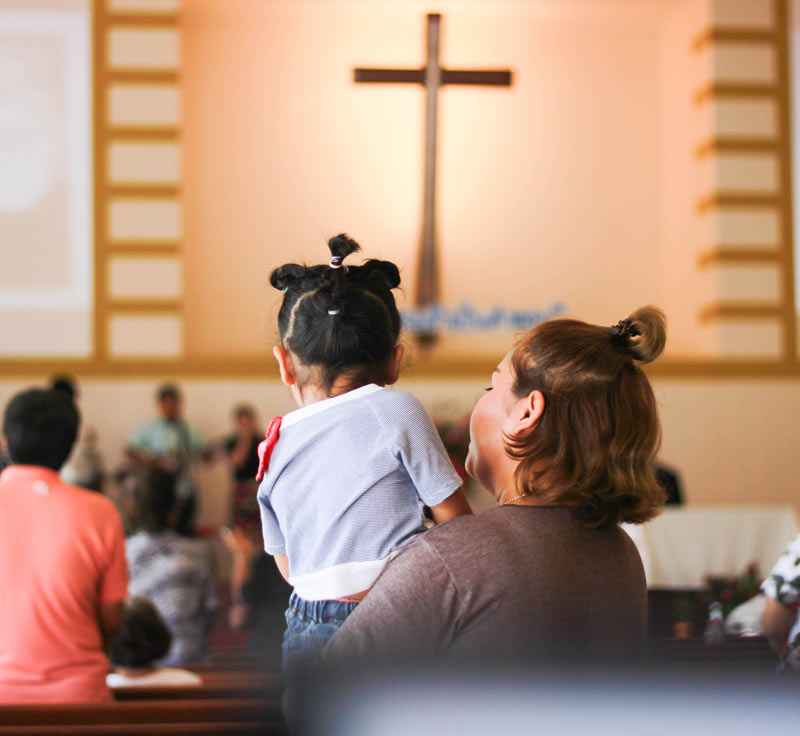Why Island Catholic Schools
Discover the benefits of Catholic education and what makes ICS different
Catholic Schools In The 21st Century
Organization Structure
In the early 1950’s the Bishops of British Columbia anticipated public funding for Catholic schools and established a society in each diocese to own and operate schools. The society established for this purpose on Vancouver Island is the Catholic Independent Schools, Diocese of Victoria (CISDV). The management of the Society rests with a Board of Directors comprised of the Bishop, the Vicar-General, a Chancellor and two persons elected by the membership of the Society at its Annual General Meeting. It governs four elementary schools and one high school, operating these facilities through a formal delegation of authority to the local school councils.
Catholic Education in BC – this 2013 provincial document provides the history on Catholic Schools in BC.
Pastoral Letter on Catholic Schools in the Province of BC – Catholic Bishops

Inspection
Funding
The Catholic School Shares In The Mission of the Church
What Makes A Catholic School Different?
Religious Dimensions of a Catholic School, Rome, 1998
About Catholic Education
The following are four of the distinctive traits that contribute to the culture or ethos of a Catholic school:
- the values that are promulgated are rooted in scripture as well as the teaching and tradition of the Catholic Church;
- rich symbols of the faith are evident in the school and the motto and logo reflect the faith dimension that is present;
- celebrations which range from simple classroom prayer to eucharistic celebrations are part of the school experience; and
- teachers, administrators, and support staff understand their role as one of service. It is, in fact, a ministry.

